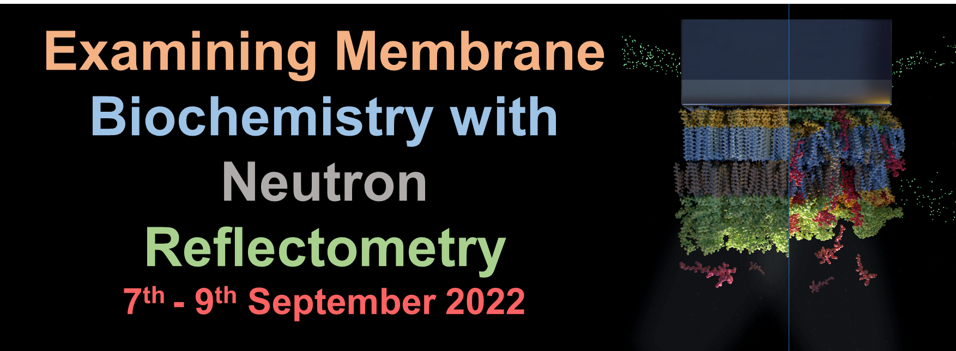Speaker
Description
Antimicrobial peptides (AMPs) offer an alternative to currently used antibiotics. Because AMPs kill microbes by physically disrupting their membranes, the deactivation processes are usually faster and less likely to develop resistance. However, there are still many hurdles to be overcome before AMPs could be developed into medicinal uses. Current research challenges lie in understanding how to improve their antimicrobial efficacy and reduce cytotoxicity, thereby enhancing their selectivity. Neutron reflection and SANS in combination with deuterium labelling are important tools to help unravel how designed AMPs interact with membrane models mimicking different pathogenic microbes and host cells. The structural data together with molecular dynamics simulations provide valuable insights in different interfacial processes underlying selectivity and efficacy. Some of our recent studies will be shared during the talk.

